Martial arts also have their history. Interview with Katsuhiro Harada
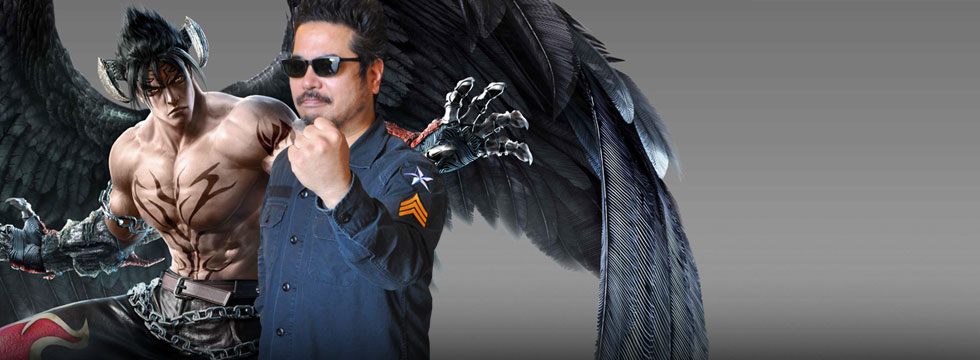
- Why Can Newbies Beat Pros? We Talk to the Creator of Tekken
- 26 years of incredible history
- Martial arts also have their history
- House party icon
Martial arts also have their history
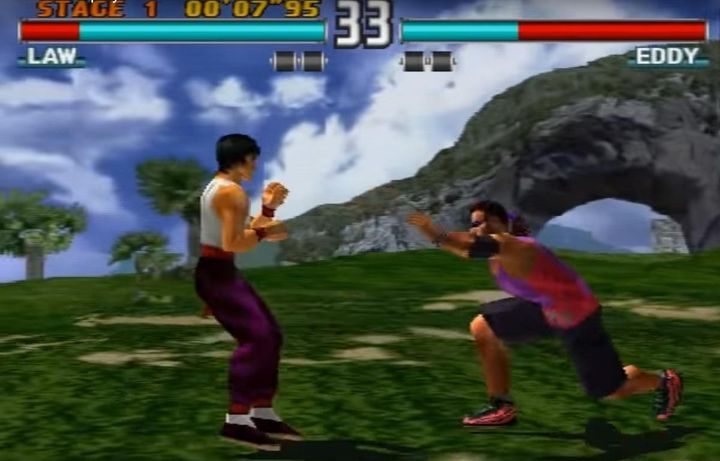
The developing games and the implementation of the storyline into the Mortal Kombat series proved to be an ideal starting point for me to inquire about a very interesting issue that has divided fans of electronic slugfest for years. A fighting games and complex storylines don’t really go hand-in-hand. Perhaps simply because the formula of these games emphasizes completely different elements. This is what Mr. Harada had to say about it:
With each installment, Tekken introduces new cutscenes and creates a new story mode. Mortal Kombat, for example, has an extended story mode but is it a masterful storytelling? In my opinion, players don't look for a story in fighting games. Above all, they seek good gameplay.
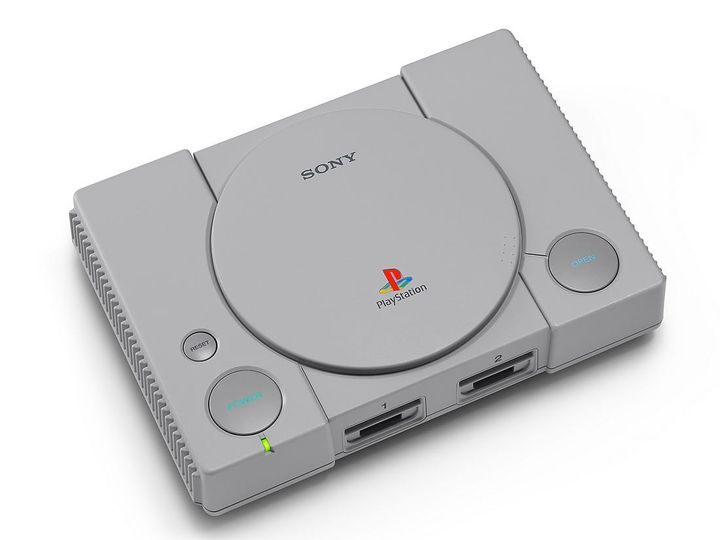
It's worth taking a look at people who create fighting games and those who play them. What are they looking for in such productions? Most often, they are people who love action: they are impressed by the scenes and choreography of combat sequences in movies, TV shows, comics, and games. They enjoy the sight of a duel fought by two heroes. It is also appealing to us – the creators. And we want to keep doing what we're good at. Take Hideo Kojima for example - he specializes in creating elaborate and surprising worlds whose main plot and the so-called lore attract a multitude of fans. Does Mr. Kojima like to play fighting games? Probably yes. But would he like to create such a game?
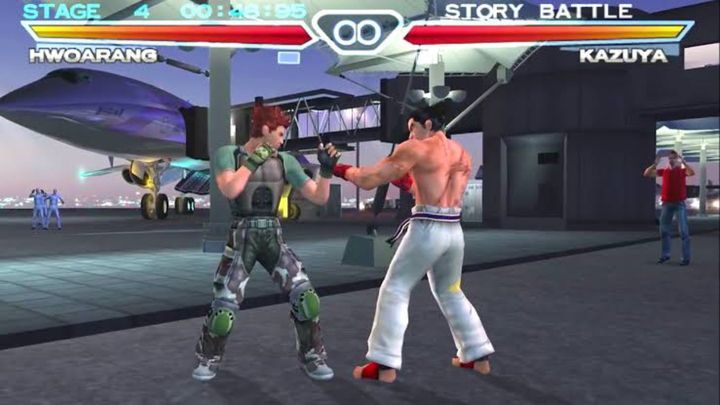
It's like running short and long distances. You can say, "Oh, you're good at short distances, I'm sure you'll do well in a marathon." Or vice versa. "If you ran a marathon, you would definitely beat Usain Bolt" [an eight-time Olympic gold medalist, widely regarded as the best sprinter in the world, in case you didn’t know – ed. note]. Meanwhile, it's a completely different story, a completely different type of training, and an entirely different competition.
This does not mean that players are only allowed to choose the "coolest" character and an arena to see which combination of buttons is the quickest to exhaust the opponent's life bar. Harada stated that in fighting games, the real drama does not take place between the on-screen avatars but the players themselves. Which character in the game is stronger comes second and gives way to the more important question: "Which player will turn out better?” Defeating your brother after a long series of failures, accidentally winning a match at a party, winning an e-sports tournament – these are the moments that generate excitement in games like Tekken. As someone who has seen both sides of the coin more than once during my Tekken adventure, I cannot disagree.
The story of the creation of subsequent Tekken releases and the discussion surrounding the genre's constantly evolving mechanics beg the question of how the leaders of the industry view the future of fighting games. Because something is definitely bound to change.
I think the role of cloud-based technology and streaming will grow significantly. Imagine a situation where you don't need to have a particular console – you just have to be in a room with a TV and have your phone with you. You want to play a few rounds of your favorite game with your friends, so you share it on the TV screen, and just like that, you can have a good time with it. However, it is important to remember that while game developers try to give players more opportunities to play in different environments, they must have the infrastructure to do so.
And here, there’s a one-way street to a discussion about what the general gaming industry might look like in the years ahead, but that’s a subject for a different article. It's enough to say for now that with technologies such as Google Stadia, 5G, high-bandwidth streaming, and the lack of dedicated consoles, the future of gaming might go in different directions, but all of them are truly fascinating.
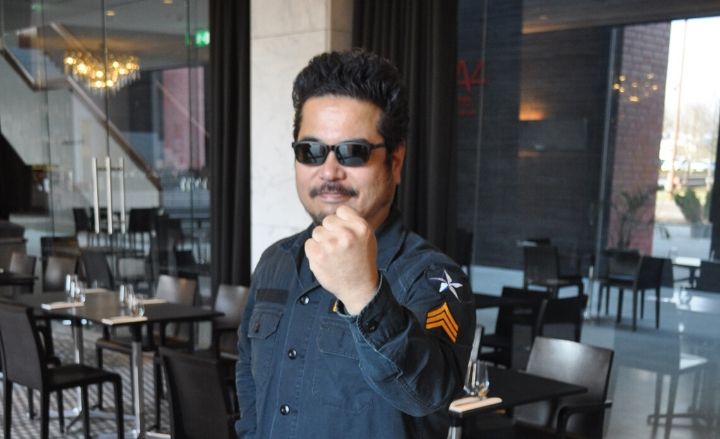
But let's return to Earth, the year 2020. A weekend is right around the corner, and with it, an opportunity to meet friends. And although, as I’m writing this piece, I strongly and sincerely advise against such gatherings, I do believe that things will soon get back to normal. Meanwhile, I’ll fondly recollect many a house party that ended up in a friendly Tekken competition, climaxing in the duel of the "party champion" with the one dark horse – a person, who usually never even held a gaming pad before.
All right, our dark horse picked Eddie in the first game, so that's probably why they won. But then, in the second game, they beat the champion playing as Michelle Chang. How is that even possible? I asked Mr. Harada about it. Why is it that a newbie can beat an experienced player?
The secret lies in the health bars. If they were longer, say five times longer, a skilled player would actually beat all opponents with nearly 100% efficiency. If shortened, however, the game would become even more casual. The trick is to properly balance the time of the duel by manipulating the length of the health bars so that everyone can execute interesting combos, even if it is by an accident. With the kind of playing games you're talking about, everyone has to have the opportunity to think, "Oh, I've got a chance to win it!”.